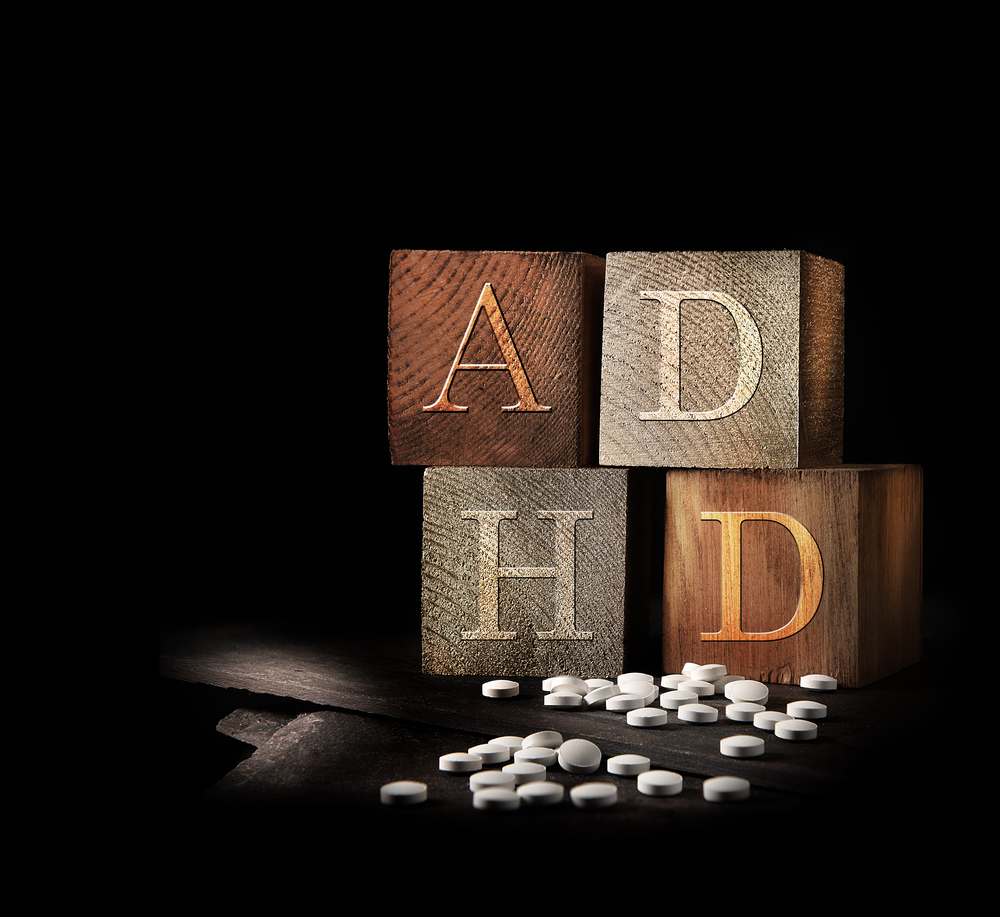A new study reviewed all types of possible biomarkers for ADHD, including those from genetics, brain volume and connectivity, and levels of various brain chemicals, among others. The researchers found that there is no biological difference that can be used to differentiate people with an ADHD diagnosis from those without it.
“Despite the large number of studies and variety of techniques used, no promising biomarkers have been identified so far,” the researchers write.
Valeria Parlatini at King’s College London, UK, and Alessio Bellato at the University of Southampton, UK, led the study, which was overseen by Samuele Cortese at the University of Southampton, UK. The paper was published in Expert Review of Molecular Diagnostics.
















They were setting quite a low goal post there. 0.8 specificity and sinsitivity. Assuming ADHD did exist and had an incidence rate of 0.1 that would produce nearly 50% false positives.
Also: calling ADHD a neurodevelopmental disorder in the same abstract stating that there is no detectable difference is WILD.
Report comment
It would be handy to estimate how much money has gone into this ‘research’ or ghost hunting nonsense and how many millions of people have been duped into accepting this marketing ploy as a real disorder. Informed Consent simply does not exist in the mental ill health industry.
Report comment
Well said
Report comment
20 billion, at the very least, from 2010 to 2020. All premised on the notion that research must adher to DSM-5 labels and that you must use brain scans.
Report comment
Actually, very few even bother with brain scans.
Report comment
I bet this study gets buried for 20 years. Wait till the Lawers start raking it in from damage by ritalin cases then it will get in the news.
Report comment
When studying such papers, usually published in psychiatric journals and what not, I usually use papers done on ADHD as a comparison group. They serve me as a fairly good indicator of the amount of medicalization and pathologization that is due to DSM-5/ICD dogmatism and corporate interests because I assume, maybe naively so, that the studied ADHD cases are not in any meaningful way different from “normal” people other than the side effects brought on by stimulant drugs. You can’t necessarily assume that if you’re, for example, reading something on schizophrenia. The cases described there may not really be “normal” and probably aren’t once they’re put on drugs.
Either way, the fact that ADHD is very aggressively promoted as a neurodevelopmental life-long disorder has made me question the validity of the same classification in regards to learning disabilities or autism. For ADHD, practically in total, and to a large degree for the latter two, the notion of them being neurodevelopmental disorder doesn’t hold up.
Report comment
This echoes what David Kupfer (Chair of DSM-5 Task Force Discusses Future of Mental Health Research) said in 2013 already:
“The promise of the science of mental disorders is great. In the future, we hope to be able to identify disorders using biological and genetic markers that provide precise diagnoses that can be delivered with complete reliability and validity. Yet this promise, which we have anticipated since the 1970s, remains disappointingly distant. We’ve been telling patients for several decades that we are waiting for biomarkers. We’re still waiting.”
Said differently: We have been lying to the public for many years and will continue to lie as long as we as psychiatrists and the pharmaceutical companies can profit from made-up entities.
Report comment